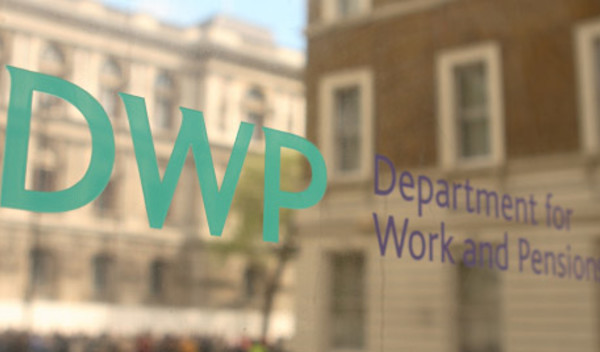

The new bereavement support payment will replace the three-tier system of bereavement payment, bereavement allowance and widowed parent’s allowance.
The old bereavement allowance was only available to people aged over 45 at the time their spouse or civil partner died.
The current award for lump sum bereavement payment is £2,000.
The current average award for bereavement allowance (for those without children) and widowed parent’s allowance is £104.51 a week.
The new benefit is available to people of any age up to state pension age, and extends support from 12 to 18 months.
It consists of an initial lump sum of £3,500 for people with children and £2,500 for those without children plus a further 18 monthly instalments payable to the surviving spouse or civil partner of £350 for those with children and £100 for those without.
The regulations for the new Bereavement Support Payment were laid in Parliament today (13 January) and become available to people whose spouse or civil partner dies on or after 6 April 2017.
The new payment will now not be taxed, and will be subject to a disregard in the calculation of means-tested benefits and the benefit cap, helping those on the lowest incomes by providing extra cash at a time when it is needed.
Minister for welfare delivery Caroline Nokes said: “Losing a spouse or civil partner can be devastating and we want to provide people with easily accessible support to help them through the difficult period following bereavement.
“The old system could be unfair, complex and also act as trap preventing people from moving on with their lives.
“That is why we are modernising this support into a simple, uniform and easy-to-understand benefit that better reflects society and helps people through what can be a very difficult time.”
Stephen Crosbie, protection director at Aegon, said the more support people can get following the loss of a loved one the better.
By making this benefit more accessible, Mr Crosbie said people can focus on grieving and dealing with that loss without having to worry about the immediate financial strain it can cause.
However, he said people should be looking to make arrangements beyond the bereavement support payment, as it is unlikely to provide the financial support needed to maintain their current standard of living should they lose the income from the main breadwinner in the household.
Mr Crosbie said: “Purchasing life insurance can provide a financial lifeline for people and their families and in the event of the unexpected happening can take the pressure off household breadwinners who feel it’s solely their responsibility to make sure that their family has enough income in these devastating circumstances.”
The original bereavement benefits were introduced in the Widows and Orphans Act of 1925.
Their purpose was to provide an early retirement pension for widows who had been dependent on their husband’s income.
The last time these benefits were reformed was in 2001 when entitlement was extended to widowers.
Today they are available to working-age people with children, or childless bereaved spouses and civil partners aged over 45.
emma.hughes@ft.com



